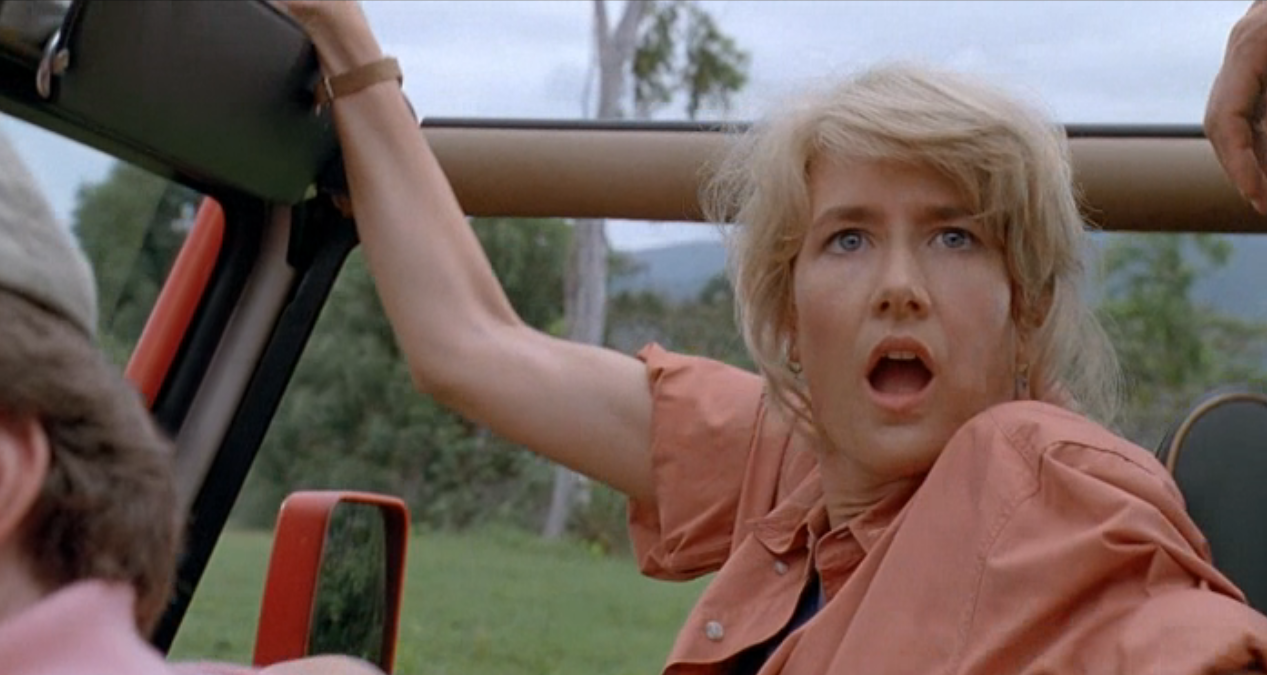In a new Edge discussion about de-extinction, John Brockman asks Stewart Brand about the dangers inherent in the reintroduction of bygone birds and bears into the world, which, you would think, would have some unintended consequences. An excerpt:
“John Brockman:
What are the dangers, if any?
Stewart Brand:
The dangers of de-extinction mostly get interpreted in ecological or conservation terms, and mostly by people who are mistakenly worried that nature is really, really fragile. We saw this when a year ago we had a TEDx de-extinction that Ryan organized that had twenty-five scientists holding forth on various aspects of a wide number of projects that are going on—everything from the European aurochs to the Spanish bucardo to the gastric brooding frog in Australia.
Our projects are not the only one. Then the news went out: “De-extinction might happen”, and it was great because it went out in a way that people understood it as a scientific issue. They understood we weren’t going to have dinosaurs. There’s no Jurassic park scenario going to play out. But immediately you would see in these wonderful comment lines after every place online, where the trolls emerge and start fretting, and the hand-wringing would be around, let’s see: what if you bring it back and it turns out to be insanely invasive? And, passenger pigeons, there used to be five billion and suddenly there’s five billion birds crapping on everything, it’ll be like kudzu. Well, actually it’s not an invasive. They were in North America for 22 million years. The invasive in this story is us, and we’re the ones who shot them all to death. If we’ve got an invasive to worry about it’s the human one, which is fair. Nature will accommodate these birds coming back. Nature’s not broken.
Another common comment is that there’s obviously no habitat left for these birds, or for the woolly mammoths, because the world has changed since their day. Again, time machine notions of if you were suddenly thrown into the 15th century or the 24th century, you wouldn’t be able to function because you wouldn’t know how to call a cab. It’s not like that in nature, and things blend in and take time in. Nature is not broken just because humans have been farming for 10,000 years. It is very robust.
What are the real dangers? The real dangers are it won’t work.”
Tags: John Brockman, Stewart Brand

